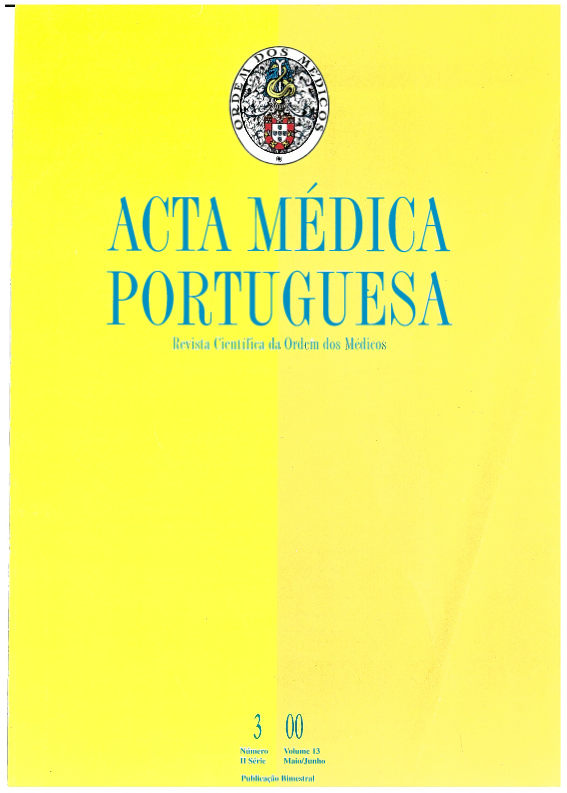Medical oath and the notion of human dignity.
DOI:
https://doi.org/10.20344/amp.1769Abstract
Considering the recent commemoration of the 50th anniversary of the Proclamation of Human Rights, the author attempts to establish a parallel between the notion of human dignity as we read in the Hippocratic Oath, and the prevailing concept within the societies that either preceded, were contemporary or succeeded it. With that goal in mind, three ancient civilizations are focussed--Egypt, Mesopotamia and Greece--showing the differences in behaviour towards the human being, far different from the perspective of the Oath. The new view of human dignity and its due respect, in any circumstance, was only completely understood with the appearance and acceptance of Christianity. The author then draws attention to what may be viewed as the main feature of this century, as it approaches its end: the urge to lead the international community to accept, in a clear way, what Hippocrates defined in Medicine--the dignity of the human person, regardless of race, religion, sex or social class.Downloads
Downloads
How to Cite
Issue
Section
License
All the articles published in the AMP are open access and comply with the requirements of funding agencies or academic institutions. The AMP is governed by the terms of the Creative Commons ‘Attribution – Non-Commercial Use - (CC-BY-NC)’ license, regarding the use by third parties.
It is the author’s responsibility to obtain approval for the reproduction of figures, tables, etc. from other publications.
Upon acceptance of an article for publication, the authors will be asked to complete the ICMJE “Copyright Liability and Copyright Sharing Statement “(http://www.actamedicaportuguesa.com/info/AMP-NormasPublicacao.pdf) and the “Declaration of Potential Conflicts of Interest” (http:// www.icmje.org/conflicts-of-interest). An e-mail will be sent to the corresponding author to acknowledge receipt of the manuscript.
After publication, the authors are authorised to make their articles available in repositories of their institutions of origin, as long as they always mention where they were published and according to the Creative Commons license.









